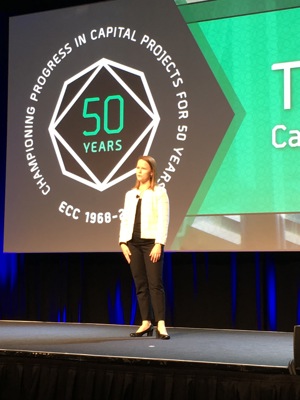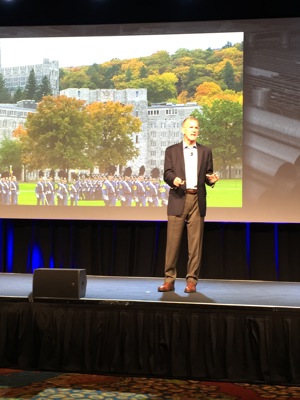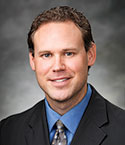ECC: Adapting to change to capture opportunities
Adapting to change was the focus during the opening session of the Engineering and Construction Contracting (ECC) Association’s 50th annual conference. The ECC
The video was followed by welcome remarks from the 2018 ECC Chair, Julie Lambert of Phillips 66 FIG. 1. Ms. Lambert provided the origins of the ECC association, which began as a committee and division meeting of the AIChE in 1968. She explained that the organization is working with operators and contractors to transform the way the industry executes capital projects, as well as the opportunities that exist with the increasing use of digital technologies. “This year’s theme, ‘the next 50 years: Capturing transformational opportunities,’ explores the potential of what technology and innovation can offer to transform the capital projects industry,” said Lambert, “and I trust each of you will see a glimpse of what is possible as we look to transform to be more efficient, more productive and more competitive to improve safety and lead boldly.”
FIG. 1. Julie Lambert, Phillips 66, welcomed attendees to the 50th annual ECC conference.
Ms. Lambert concluded her remarks on the work ECC is doing with its Future Leaders program and with academia. “The organization’s Future Leaders program promotes the growth of up-and-comers in our sponsor organizations,” said Lambert, “and they (future leaders) gain valuable insight, make vital industry connections and become the force for positive change this industry needs.”
The morning’s keynote presentation was given by General Stanley McChrystal (retired). General McChrystal FIG. 2 is the former commander of US and international forces in Afghanistan and the former leader of Joint Special Operations Command (JSOC), which oversees the military’s special forces. His presentation focused on how companies, military forces, and people must adapt to an ever-changing environment to accomplish a mission or goal.
FIG. 2. General Stanley McChrystal speaks of the necessity of adapting to change to accomplish a mission.
General McChrystal began by stating that people are the
General McChrystal’s presentation provided historical examples—the moon landing, Iran hostage crisis, Martin Luther King Jr.’s civil rights struggle and JSOC operations in Iraq and Afghanistan—to highlight how people and teams/organizations must adapt to accomplish their missions. This includes learning from your mistakes so that they are not repeated in the future. He concluded by summarizing how his command of JSOC needed to adapt and change to the existing environment. This adaptation parallels what companies must do to improve operations and not get left behind in a constantly evolving world.
The ECC









Comments